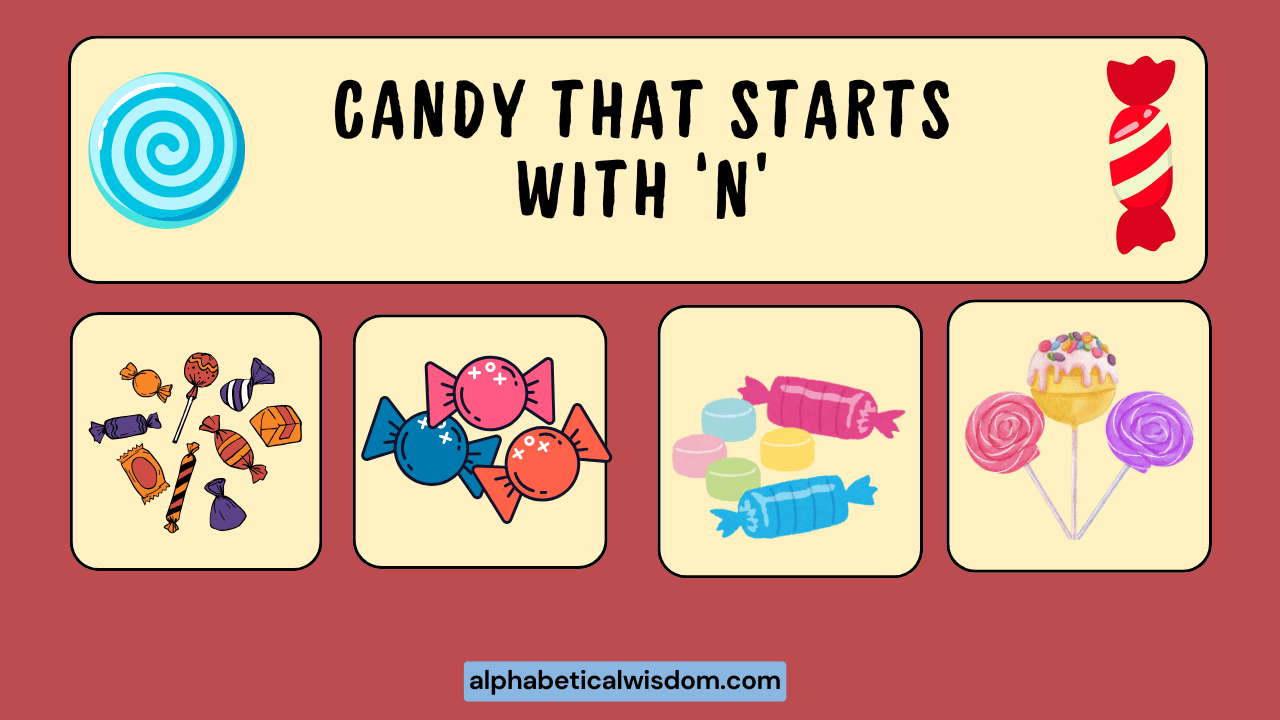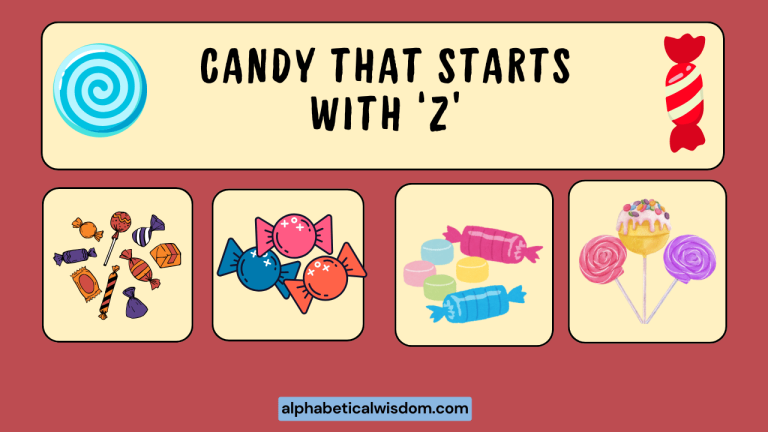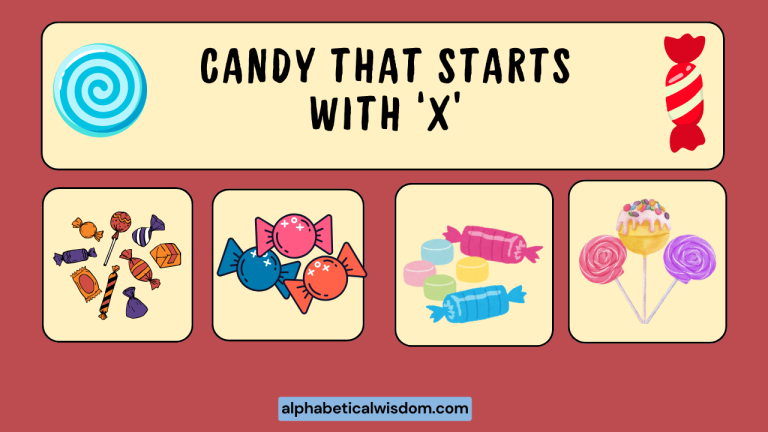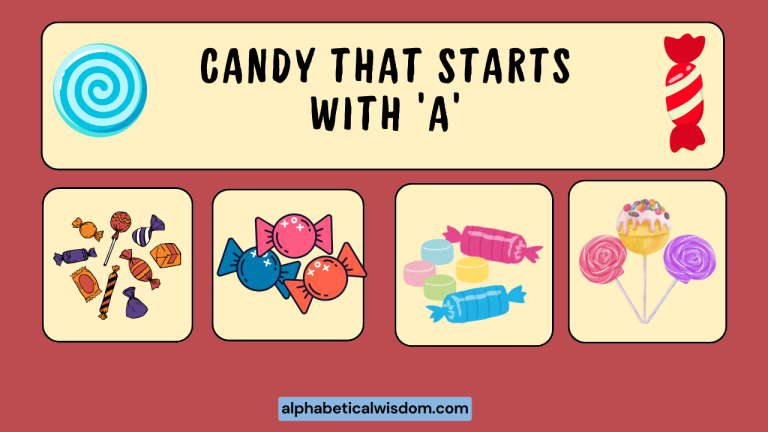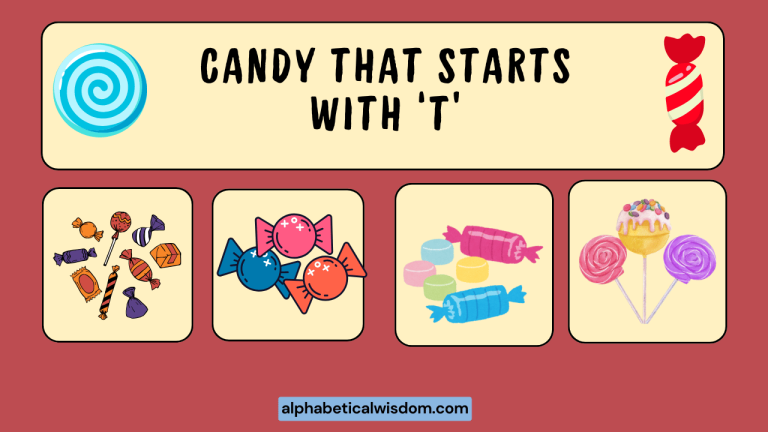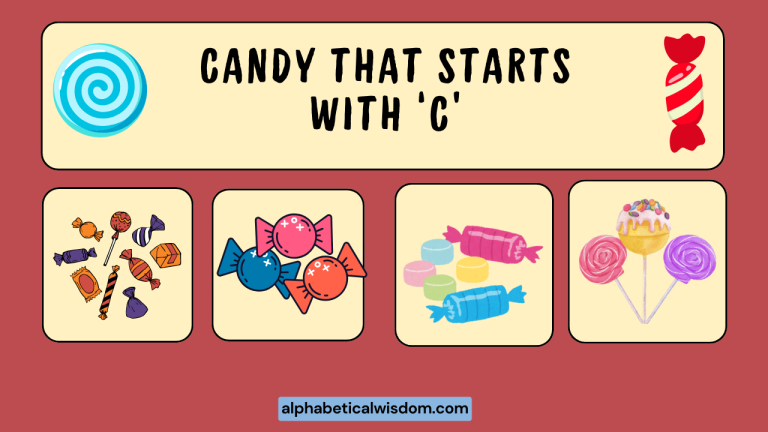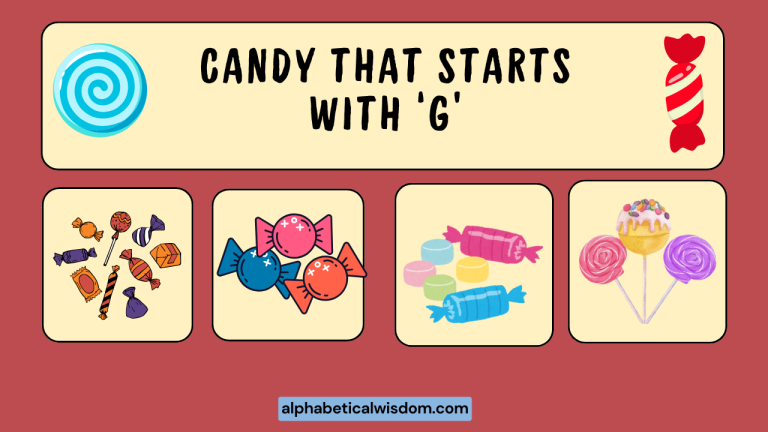Nouns Starting with ‘N’: A Comprehensive Grammar Guide
Understanding nouns is fundamental to mastering English grammar. Nouns, the building blocks of sentences, name people, places, things, and ideas.
This article focuses specifically on nouns that begin with the letter ‘N’, exploring their various types, functions, and proper usage. Whether you are a beginner or an advanced learner, this guide will enhance your vocabulary and improve your grammatical accuracy.
By delving into the nuances of ‘N’ nouns, you’ll gain a deeper appreciation for the richness and complexity of the English language.
Table of Contents
- Introduction
- Definition of Nouns
- Structural Breakdown of Nouns
- Types of Nouns
- Examples of ‘N’ Nouns
- Usage Rules for Nouns
- Common Mistakes with Nouns
- Practice Exercises
- Advanced Topics
- FAQ
- Conclusion
Definition of Nouns
A noun is a word that represents a person, place, thing, or idea. Nouns are one of the fundamental parts of speech in English grammar, serving as the subject or object of a verb, or the object of a preposition.
Understanding nouns is crucial for constructing grammatically correct and meaningful sentences. Without nouns, we would be unable to identify or refer to the entities and concepts that make up our world.
Nouns can be classified based on various criteria, including their specificity (common vs. proper), tangibility (concrete vs. abstract), and countability (countable vs. uncountable). Each type of noun has its own set of rules and conventions that govern its usage.
Mastering these classifications is essential for effective communication and accurate writing. For instance, proper nouns require capitalization, while uncountable nouns do not typically take plural forms.
The function of a noun within a sentence is determined by its relationship to the verb and other elements. A noun can act as the subject, performing the action of the verb; the object, receiving the action of the verb; or the complement, providing additional information about the subject or object.
Recognizing these functions is key to understanding sentence structure and meaning. Furthermore, nouns can be modified by adjectives and adverbs, adding layers of detail and complexity to our descriptions.
Structural Breakdown of Nouns
Nouns can be structurally simple or complex. Simple nouns consist of a single word, such as name or night. Complex nouns, on the other hand, can be formed through compounding (combining two or more words) or derivation (adding prefixes or suffixes to a base word). Understanding these structural elements can help you decipher the meaning of unfamiliar nouns and expand your vocabulary.
Compounding involves joining two or more words to create a new noun. For example, night and mare combine to form nightmare. The meaning of the compound noun is often related to the meanings of the individual words, but it can also have a more specific or figurative meaning. Compound nouns can be written as one word, two words, or hyphenated words, depending on convention and usage.
Derivation involves adding prefixes or suffixes to a base word to create a new noun. For example, adding the suffix ‘-ness’ to the adjective ‘kind’ creates the noun ‘kindness’.
Prefixes and suffixes can alter the meaning or grammatical function of the base word, allowing us to create a wide range of nouns from a relatively small set of root words. Common noun-forming suffixes include ‘-tion’, ‘-ment’, ‘-ance’, and ‘-ity’.
Types of Nouns
Nouns are categorized into several types based on their characteristics and usage. Understanding these categories is essential for mastering English grammar.
Here’s an overview of the main types of nouns:
Common Nouns
Common nouns refer to general categories of people, places, things, or ideas. They are not capitalized unless they begin a sentence. Examples include nation, neighbor, and novel. Common nouns provide a general reference without specifying a particular entity.
Proper Nouns
Proper nouns refer to specific people, places, things, or ideas. They are always capitalized. Examples include Netherlands, Neil Armstrong, and Nike. Proper nouns provide a unique identifier for a particular entity.
Concrete Nouns
Concrete nouns refer to tangible things that can be perceived through the senses. Examples include necklace, needle, and notebook. Concrete nouns represent physical objects that exist in the real world.
Abstract Nouns
Abstract nouns refer to intangible concepts, ideas, or qualities that cannot be perceived through the senses. Examples include nature, necessity, and nostalgia. Abstract nouns represent non-physical entities that exist in the realm of thought and feeling.
Collective Nouns
Collective nouns refer to a group of people, animals, or things considered as a single unit. Examples include navy, nation, and nest (of birds). Collective nouns can be singular or plural, depending on whether the group is considered as a whole or as individual members.
Countable Nouns
Countable nouns are nouns that can be counted and have a singular and plural form. Examples include nail (one nail, many nails), number (one number, many numbers), and note (one note, many notes). Countable nouns can be used with articles (a, an, the) and numerical quantifiers (one, two, three, etc.).
Uncountable Nouns
Uncountable nouns, also known as mass nouns, are nouns that cannot be counted and do not typically have a plural form. Examples include nutrition, nitrogen, and nonsense. Uncountable nouns are often used with quantifiers like “much,” “little,” “some,” or “a lot of.”
Examples of ‘N’ Nouns
To further illustrate the different types of nouns, here are some examples of nouns that start with the letter ‘N’, categorized by type.
Common Nouns Starting with ‘N’
The following table provides examples of common nouns that begin with the letter ‘N’. These nouns represent general categories of people, places, things, or ideas.
| Noun | Example Sentence |
|---|---|
| Name | What is your name? |
| Nation | The nation celebrated its independence day. |
| Nature | We should protect nature. |
| Neck | She wore a beautiful necklace around her neck. |
| Needle | The nurse used a needle to give the injection. |
| Neighbor | Our neighbor is very friendly. |
| Nest | The birds built a nest in the tree. |
| Net | The fisherman cast his net into the sea. |
| News | I heard some good news today. |
| Night | The stars shone brightly in the night. |
| Noise | The loud noise woke me up. |
| Noodle | I like to eat noodles for lunch. |
| North | Canada is to the north of the United States. |
| Nose | He has a runny nose. |
| Note | I wrote a note to remind myself. |
| Noun | A noun is a part of speech. |
| Number | What is your phone number? |
| Nurse | The nurse took care of the patient. |
| Nut | I cracked open a nut. |
| Nail | He hammered a nail into the wall. |
| Napkin | Please pass me a napkin. |
| Narrative | The book had a compelling narrative. |
| Navel | The doctor checked the baby’s navel. |
| Navy | He served in the navy. |
| Neptune | Neptune is a planet in our solar system. |
| Nerve | He had the nerve to ask for a raise. |
| Network | Our computer is connected to the network. |
Proper Nouns Starting with ‘N’
The following table provides examples of proper nouns that begin with the letter ‘N’. These nouns refer to specific people, places, things, or ideas and are always capitalized.
| Noun | Example Sentence |
|---|---|
| Nancy | Nancy is my best friend. |
| Netherlands | I’m planning a trip to the Netherlands. |
| Neil Armstrong | Neil Armstrong was the first man on the moon. |
| New York | New York is a vibrant city. |
| Nike | I bought a new pair of Nike shoes. |
| Nissan | He drives a Nissan car. |
| Nile | The Nile is a long river in Africa. |
| NATO | NATO is an international organization. |
| November | November is the eleventh month of the year. |
| Nestle | I bought a Nestle chocolate bar. |
| Netflix | We watched a movie on Netflix. |
| Naples | Naples is a city in Italy. |
| Nevada | Nevada is known for Las Vegas. |
| Newton | Newton was a famous scientist. |
| Nigeria | Nigeria is a country in Africa. |
| Nobel Prize | She won the Nobel Prize in Literature. |
| Nordstrom | I shop at Nordstrom. |
| Nokia | He has a Nokia phone. |
| North America | North America is a continent. |
| North Korea | North Korea is a country in East Asia. |
| Nashville | Nashville is known as the “Music City.” |
| National Geographic | I enjoy watching National Geographic documentaries. |
| New Delhi | New Delhi is the capital of India. |
| New England | We visited New England last summer. |
| New Zealand | New Zealand is famous for its beautiful landscapes. |
| Niagara Falls | Niagara Falls is a popular tourist destination. |
| Nintendo | He loves playing Nintendo games. |
Abstract Nouns Starting with ‘N’
The following table provides examples of abstract nouns that begin with the letter ‘N’. These nouns represent intangible concepts, ideas, or qualities.
| Noun | Example Sentence |
|---|---|
| Nature | The beauty of nature is inspiring. |
| Necessity | Water is a necessity for life. |
| Nostalgia | He felt a sense of nostalgia for his childhood. |
| Nonsense | What he said was complete nonsense. |
| Normalcy | After the disaster, people longed for normalcy. |
| Novelty | The novelty of the new toy wore off quickly. |
| Nuisance | The barking dog was a nuisance. |
| Nurture | Parents provide nurture for their children. |
| Navigation | The ship’s navigation system was very advanced. |
| Neglect | The plants died due to neglect. |
| Negotiation | The negotiation process was long and difficult. |
| Nerve | He had the nerve to speak out against the injustice. |
| Neutrality | Switzerland is known for its neutrality. |
| Nicety | She appreciated the nicety of the gesture. |
| Nightmare | He woke up from a terrible nightmare. |
| Notoriety | The scandal brought him unwanted notoriety. |
| Nourishment | The baby needs proper nourishment. |
| Nuance | He understood the nuance of the situation. |
| Number | There is a number of reasons to be happy. |
| Nutrition | Good nutrition is important for health. |
| Naivety | Her naivety made her vulnerable. |
| Narcissism | His narcissism was off-putting. |
| Nationalism | Nationalism can be a divisive force. |
| Negativity | Try to avoid negativity. |
| Nervousness | She felt a wave of nervousness before the presentation. |
Collective Nouns Starting with ‘N’
While less common, some nouns starting with ‘N’ can function as collective nouns, referring to a group of things considered as a single unit. The following table provides examples.
| Noun | Example Sentence |
|---|---|
| Nation | The entire nation mourned the loss. |
| Navy | The navy protected the coastline. |
| Nest | A nest of vipers was discovered in the cave. |
Usage Rules for Nouns
Nouns follow specific rules regarding their use in sentences. These rules govern aspects such as pluralization, article usage, and agreement with verbs.
Understanding these rules is crucial for constructing grammatically correct sentences.
Pluralization: Most countable nouns form their plural by adding ‘-s’ to the singular form (e.g., names, nights). However, some nouns have irregular plural forms (e.g., child becomes children). Additionally, nouns ending in ‘-s’, ‘-x’, ‘-ch’, or ‘-sh’ typically add ‘-es’ to form the plural (e.g., bus becomes buses).
Article Usage: Countable nouns usually require an article (a, an, or the) when they are singular and not specific. The article ‘a’ is used before nouns that begin with a consonant sound (e.g., a name), while ‘an’ is used before nouns that begin with a vowel sound (e.g., an idea). The article ‘the’ is used to refer to specific or previously mentioned nouns (e.g., the nation).
Subject-Verb Agreement: The verb in a sentence must agree in number with its subject. If the subject is a singular noun, the verb must be singular (e.g., The nation is strong). If the subject is a plural noun, the verb must be plural (e.g., The nations are united). Collective nouns can be singular or plural depending on whether the group is considered as a whole or as individual members.
Common Mistakes with Nouns
Even experienced English learners can make mistakes with nouns. Here are some common errors and how to avoid them:
Incorrect Pluralization: One common mistake is using the wrong plural form for irregular nouns. For example, saying “childs” instead of “children” is incorrect.
Incorrect Article Usage: Another common mistake is using the wrong article or omitting it altogether. For example, saying “I saw name” instead of “I saw a name” is incorrect.
Subject-Verb Disagreement: Failing to make the verb agree with the subject is another frequent error. For example, saying “The nation are strong” instead of “The nation is strong” is incorrect.
Here are some examples of common mistakes and their corrections:
| Incorrect | Correct |
|---|---|
| I have two childs. | I have two children. |
| I saw name. | I saw a name. |
| The nation are strong. | The nation is strong. |
| Much nonsense were spoken. | Much nonsense was spoken. |
| The Netherlands are a beautiful country. | The Netherlands is a beautiful country. |
Practice Exercises
Test your understanding of nouns with these practice exercises.
Exercise 1: Identify the Nouns
Identify all the nouns in the following sentences.
- The nurse gave the patient an injection.
- Nature is a source of inspiration.
- New York is a bustling city.
- He felt a sense of nostalgia for his childhood.
- The navy protected the coastline.
- She wrote a note to remind herself.
- The dog barked at the neighbor.
- Nutrition is important for health.
- The Netherlands is famous for its tulips.
- He displayed great nerve in the face of danger.
Exercise 2: Classify the Nouns
Classify the nouns in the following list as common, proper, concrete, or abstract.
- Nation
- Netherlands
- Necklace
- Nostalgia
- Nurse
- Nile
- Nonsense
- New York
- Nature
- Number
Exercise 3: Fill in the Blanks
Fill in the blanks with appropriate nouns that start with ‘N’.
- What is your ________?
- The ________ celebrated its independence.
- She wore a ________ around her neck.
- He felt a sense of ________ for the past.
- The ________ protected the seas.
- I wrote a ________ to remember.
- Our ________ is very friendly.
- Good ________ is important for health.
- ________ is a country in Europe.
- He showed great ________ under pressure.
Answers:
Exercise 1: Identify the Nouns
- nurse, patient, injection
- Nature, source, inspiration
- New York, city
- sense, nostalgia, childhood
- navy, coastline
- note, herself
- dog, neighbor
- Nutrition, health
- Netherlands, tulips
- nerve, face, danger
Exercise 2: Classify the Nouns
- Nation: Common
- Netherlands: Proper
- Necklace: Concrete
- Nostalgia: Abstract
- Nurse: Common
- Nile: Proper
- Nonsense: Abstract
- New York: Proper
- Nature: Abstract
- Number: Common
Exercise 3: Fill in the Blanks
- What is your name?
- The nation celebrated its independence.
- She wore a necklace around her neck.
- He felt a sense of nostalgia for the past.
- The navy protected the seas.
- I wrote a note to remember.
- Our neighbor is very friendly.
- Good nutrition is important for health.
- Netherlands is a country in Europe.
- He showed great nerve under pressure.
Advanced Topics
For advanced learners, there are more complex aspects of noun usage to explore. These include:
Noun Clauses: Noun clauses are dependent clauses that function as nouns. They can act as subjects, objects, or complements within a sentence. For example, “What he said” is a noun clause acting as the subject in the sentence “What he said was nonsense.”
Gerunds: Gerunds are verbs that function as nouns. They always end in ‘-ing’. For example, “Navigating” is a gerund in the sentence “Navigating the complex system was challenging.”
Nominalization: Nominalization is the process of turning verbs or adjectives into nouns. This can be achieved through the addition of suffixes such as ‘-tion’, ‘-ment’, or ‘-ness’. For example, the verb “negotiate” can be nominalized to “negotiation.”
FAQ
Here are some frequently asked questions about nouns:
- What is the difference between a common noun and a proper noun?
A common noun refers to a general category of people, places, things, or ideas, while a proper noun refers to a specific entity and is always capitalized. For example, “nation” is a common noun, while “Netherlands” is a proper noun.
- How do I know if a noun is countable or uncountable?
Countable nouns can be counted and have a singular and plural form, while uncountable nouns cannot be counted and do not typically have a plural form. For example, “note” is countable (one note, many notes), while “nonsense” is uncountable.
- What is a collective noun?
A collective noun refers to a group of people, animals, or things considered as a single unit. For example, “nation” can be a collective noun referring to a group of people living in a country.
- How do I use articles (a, an, the) with nouns?
Use ‘a’ before singular, countable nouns that begin with a consonant sound (e.g., a name). Use ‘an’ before singular, countable nouns that begin with a vowel sound (e.g., an idea). Use ‘the’ to refer to specific or previously mentioned nouns (e.g., the nation).
- What is subject-verb agreement?
Subject-verb agreement means that the verb in a sentence must agree in number with its subject. If the subject is singular, the verb must be singular, and if the subject is plural, the verb must be plural.
- Can a noun be both countable and uncountable?
Yes, some nouns can be both countable and uncountable depending on the context. For example, “noise” can be uncountable when referring to general sound (e.g., “There was a lot of noise”), but countable when referring to specific instances of sound (e.g., “I heard several noises”).
- What is a noun clause, and how is it used?
A noun clause is a dependent clause that functions as a noun within a sentence. It can serve as the subject, object, or complement. For example, in the sentence “What he said was nonsense,” the noun clause “What he said” functions as the subject.
- How can I improve my noun usage in English?
To improve your noun usage, practice identifying different types of nouns in sentences, pay attention to pluralization rules, and focus on using articles correctly. Reading extensively and receiving feedback on your writing can also be helpful.
- What are some common suffixes that form nouns?
Common noun-forming suffixes include -tion, -ment, -ness, -ance, -ity, -er, -or, -ist, -ism, -ship, and -hood. Understanding these suffixes can help you identify and understand new nouns.
- Are there any exceptions to the pluralization rules?
Yes, there are many exceptions to the pluralization rules in English. Some nouns have irregular plural forms (e.g., child/children, mouse/mice), while others remain the same in both singular and plural forms (e.g., sheep, deer).
Conclusion
Mastering nouns that start with the letter ‘N’ is a significant step in enhancing your English grammar skills. By understanding the different types of nouns, their functions, and the rules that govern their usage, you can communicate more effectively and accurately.
Remember to pay attention to pluralization, article usage, and subject-verb agreement to avoid common mistakes. Keep practicing and expanding your vocabulary to further refine your noun usage.
This article has provided a comprehensive guide to nouns starting with ‘N’, covering everything from basic definitions to advanced topics. By incorporating the knowledge and practice exercises presented here into your learning routine, you can significantly improve your understanding and application of nouns in English.
Continue to explore and practice, and you will undoubtedly achieve greater fluency and confidence in your English language skills.
